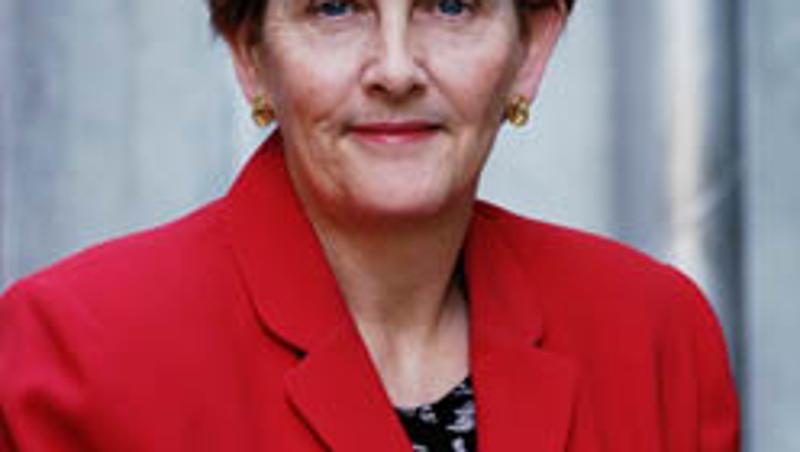
If you want to live to a healthy, ripe old age, add "keep connected with family and friends" to the top of your list along with don't smoke, eat well, floss nightly and exercise daily.
Living alone has emerged as a key risk factor for a host of chronic diseases and unhealthy ageing, says Professor Helen Edwards, head of QUT's School of Nursing.
Professor Edward's lifelong commitment to nursing research into the challenges of ageing has been recognised with her induction into US-based Sigma Theta Tau International (STTI) Honor Society of Nursing Researcher Hall of Fame.
"We know that you are more at risk of diseases of lifestyle and ageing such as diabetes, dementia and chronic wounds if you live alone," said Professor Edwards, director of QUT's Queensland Dementia Training and Study Centre.
"Researchers suspect a host of factors make living alone such a risk. The lack of social interaction and the mental stimulation it brings could be part of the reason. But also it might be there is no one to notice that your health is deteriorating and urge you to see a doctor.
"When living alone you are less likely to eat properly, and it can be an effort to keep active if you don't have someone to coach and support you.
"Research at QUT is also investigating what part social media and the internet will play in keeping people connected as they age. It will be interesting to see how it can mitigate some of the effects of living alone."
Professor Edwards said dementia was not confined to the older population and this would put a significant burden on younger carers.
"There has been an increase in people in their 40s and 50s being diagnosed with dementia and this means that carers are going to be younger - it could be a spouse or teenage children.
"Our research at QUT includes a focus on the future needs of the carers. We are researching some pressing issues for carers which includes respite and sleep so that we can offer the appropriate support."
Professor Edwards said she was honoured to receive the international award for research from STTI as it is a peak international nursing society.
"This award recognises the vital work nurses do in every area of our society. We are the health professionals at the coalface and we work in many settings from hospitals to homes, from adolescent mental health units to residential aged care," Professor Edwards said.
"Nursing is a profession that will take you anywhere in the world. It gives you organisational and interpersonal skills that are transferable and sought after in other industries. In these days when people can look forward to three or four different careers, nursing is one of the fundamentals that will see you through."
Professor Edwards will receive her award at the STTI 23rd International Nursing Research Congress which starts on Monday (30 July - 3 August 2012) at the Brisbane Convention and Exhibition Centre in recognition of her contribution to research that has had an impact on the nursing profession and the people it serves.
** High res photo of Professor Edwards available for media use.
Media contact: Niki Widdowson, QUT media officer, 3138 2999 n.widdowson@qut.edu.au


